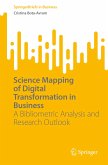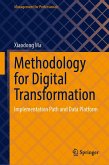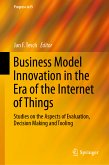Business today is facing unprecedented change especially due to the adoption of new, digital technologies, with a noticeable transformation of manufacturing and services. The changes have been brought by advanced robotics, the emergence of artificial intelligence, and digital networks that are growing in size and capability as the number of connected devices explodes. In addition, there are advanced manufacturing and collaborative connected platforms, including machine-to-machine communications. Adoption of digital technology has caused process disruptions in both the manufacturing and services sectors and led to new business models and new products.
While examining the preparedness of the Japanese economy to embrace these changes, the book explores the impact of digitally influenced changes on some selected sectors from a Japanese perspective. It paints a big picture in explaining how a previously manufacturing-centric, successful economy adopts change to retain and rebuild success in the global environment. Japan as a whole is embracing, yet also avoiding-innovating but also restricting-various forms of digitalization of life and work. The book, with its 12 chapters, is a collaborative effort of individuals contributing diverse points of view as technologists, academics, and managers.
Dieser Download kann aus rechtlichen Gründen nur mit Rechnungsadresse in A, B, BG, CY, CZ, D, DK, EW, E, FIN, F, GR, HR, H, IRL, I, LT, L, LR, M, NL, PL, P, R, S, SLO, SK ausgeliefert werden.









